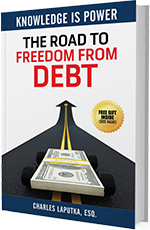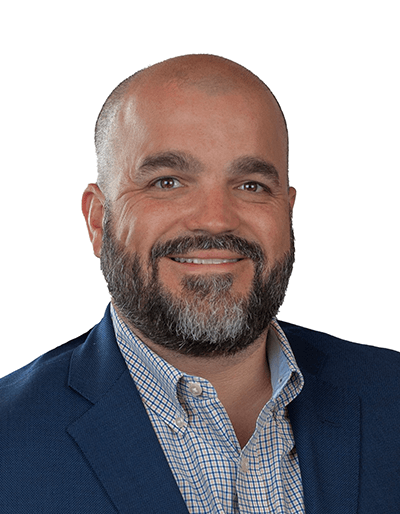If you’re drowning in debt and considering bankruptcy, you have a few options to consider. Chapter 7 bankruptcy is the type of bankruptcy that permits an individual to discharge debts and begin a new life in a few of months. It has the potential to eliminate a person’s debts as quickly as possible. Contact us if you require the type of relief that Chapter 7 bankruptcy provides.
Chapter 7 bankruptcy entails the liquidation of non-exempt property (most persons in Texas have very little, if any) to pay creditors and the discharge of debts. Individuals who are trying to get out of debt might use Chapter 7 bankruptcy to get a “new start.”
Chapter 7 bankruptcy will not assist you in reorganizing your mortgage or automobile loan bills. If you’re facing foreclosure, a Easton Bankruptcy Lawyer can explain whether of your obligations can be discharged through Chapter 7 bankruptcy and whether it’s the best option for you.
Significant modifications to Chapter 7 bankruptcy were enacted by Congress to the Bankruptcy Code in 2005. Because of the additional procedures, filing a Chapter 7 bankruptcy is more complicated. The “means test,” which determines whether a debtor may file for bankruptcy under Chapter 7 or must file under Chapter 13, was one of the most significant changes.
The Chapter 7 Means Test
The “means test” is one of the criteria used to evaluate whether a person qualifies for Chapter 7 bankruptcy. The “means test” was enacted in response to congressional worries about people with higher earnings seeking Chapter 7 bankruptcy. However, the “means test” is merely one of several processes used to determine whether or not a person is eligible to file a Chapter 7 bankruptcy case. There are ways to qualify someone for Chapter 7 if they don’t pass the means test, but you’ll need an attorney who is actively involved in bankruptcy work and knows how to qualify people for Chapter 7 cases.
If you don’t meet the requirements for Chapter 7, you can submit under Chapter 13 or Chapter 11. A Chapter 13 lawsuit can be a useful option for persons who do not qualify for Chapter 7. You do not have to repay all of your creditors in full if you file for Chapter 13. In a Chapter 13 plan, your payments are determined by a variety of variables. An attorney who is familiar with the bankruptcy process can help you.
Contact our Easton Bankruptcy debt relief expert today who can help you determine whether Chapter 7 bankruptcy is an option for you. Call Easton Bankruptcy Lawyer for a FREE CONSULTATION at 610-770-7113.


